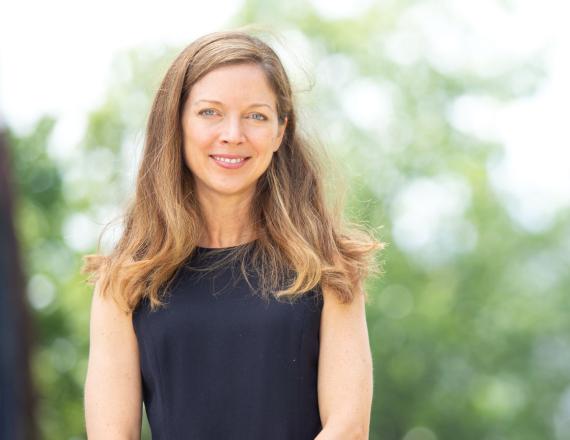The Economics of Vaccine Development
When I led Medicine Grand Rounds at Dartmouth-Hitchcock Medical Center on January 10, 2020, we discussed the scientific, economic, and logistical factors that make epidemic vaccine development especially challenging. I shared a chart that illustrated the growing frequency and intensity of new outbreaks around the world and noted that it was already out of date given the reports of unidentified viral pneumonia circulating in China. The discussion was lively, but did we know how deeply invested we would all become in finding solutions to these problems in the coming months?

With forecasts indicating that COVID-19 could claim 40 million lives and reduce global economic output by $12 trillion by the end of 2021, there is not a moment to lose.
Well over 300 vaccine candidates are now in development, with scientists, corporations, and nations racing for the finish line. Before the pandemic, I’d been collaborating with Christopher Snyder, PhD, the Joel Z. and Susan Hyatt Professor in Economics at Dartmouth College, on a paper outlining mechanisms to address market failures for epidemic vaccines. Companies are often reluctant to respond to smaller outbreaks such as Ebola or Zika in part because they have to redirect personnel and facilities away from other more profitable projects to focus on an outbreak with an uncertain future. In some ways, high demand and global competition suddenly seemed like a great problem to have. However, uncoordinated free market competition may actually hinder efforts to develop a COVID-19 vaccine.
In a free market, vaccines will go to the highest bidder, which will drive up the price—by a factor of 13 according to our research—and reduce access. Furthermore, protectionist measures on the part of any one nation could hamper the pace of progress since vaccine development expertise, manufacturing capacity, and supply chains are highly distributed around the world.
Dr. Snyder and I, along with our colleague Dimitrios Gouglas from the Coalition for Epidemic Preparedness Innovations (CEPI), make the case for a global coordination mechanism much like the one that Gavi, the Vaccine Alliance, launched earlier this year to procure large amounts of vaccine from multiple developers. An advance purchase commitment from such an entity would reduce the cost and risk of development and allow vaccine to be allocated on the basis of need, prioritizing individuals most likely to transmit the virus or suffer severe consequences from it. Equitable allocation is not just the right thing to do; it also provides the highest probability of ending the pandemic in the shortest period of time.
Pandemics are transnational issues that no one country can solve alone. The challenge in the years ahead is to develop institutions and tools that will allow nations to address these problems collectively. An advance purchase mechanism takes one important step in that direction, allowing nations to pool and coordinate resources to produce pandemic vaccines as a global public good.